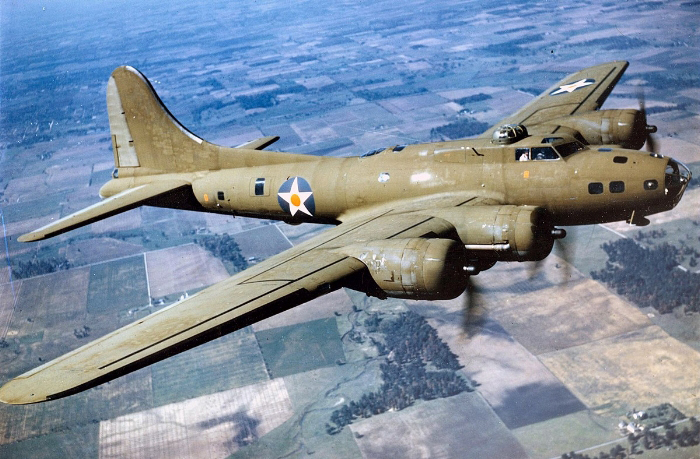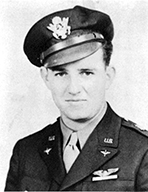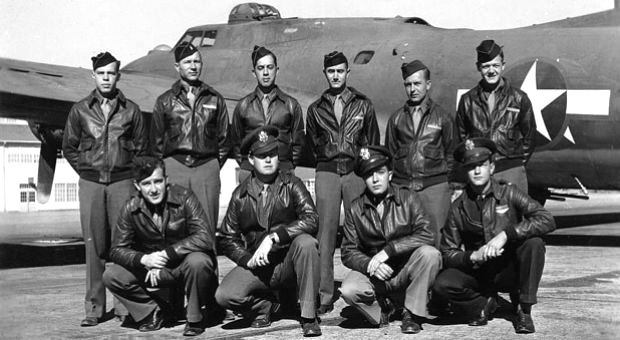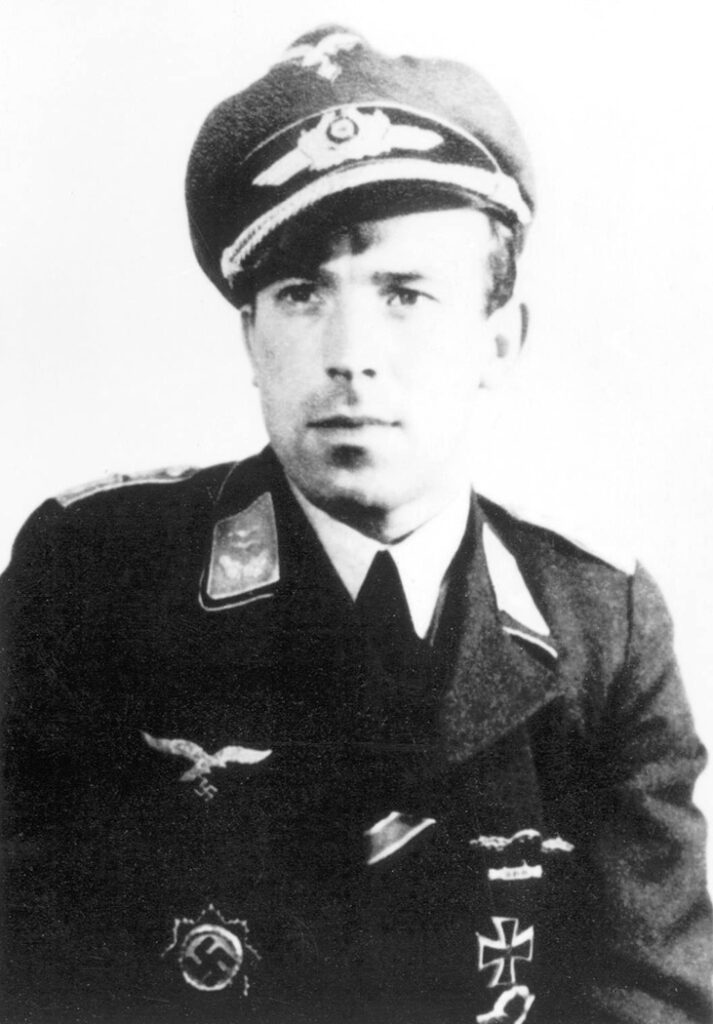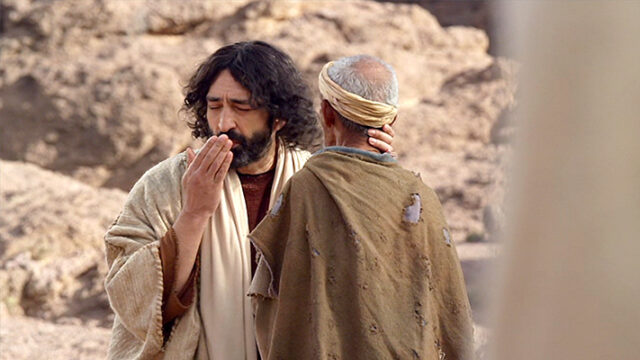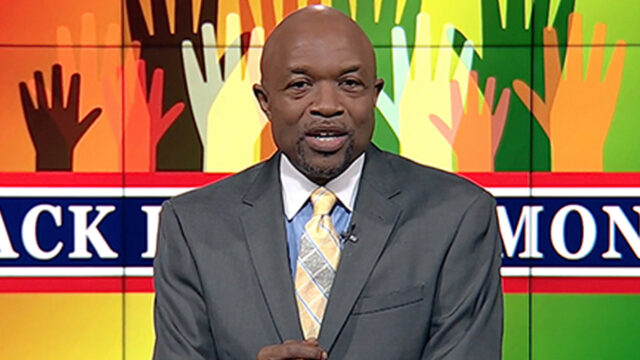Five days to Christmas. 1943. A lone American B-17 bomber, Ye Olde Pub.Shot to pieces. Rumbling, barely in the air over Nazi Germany. Much […]
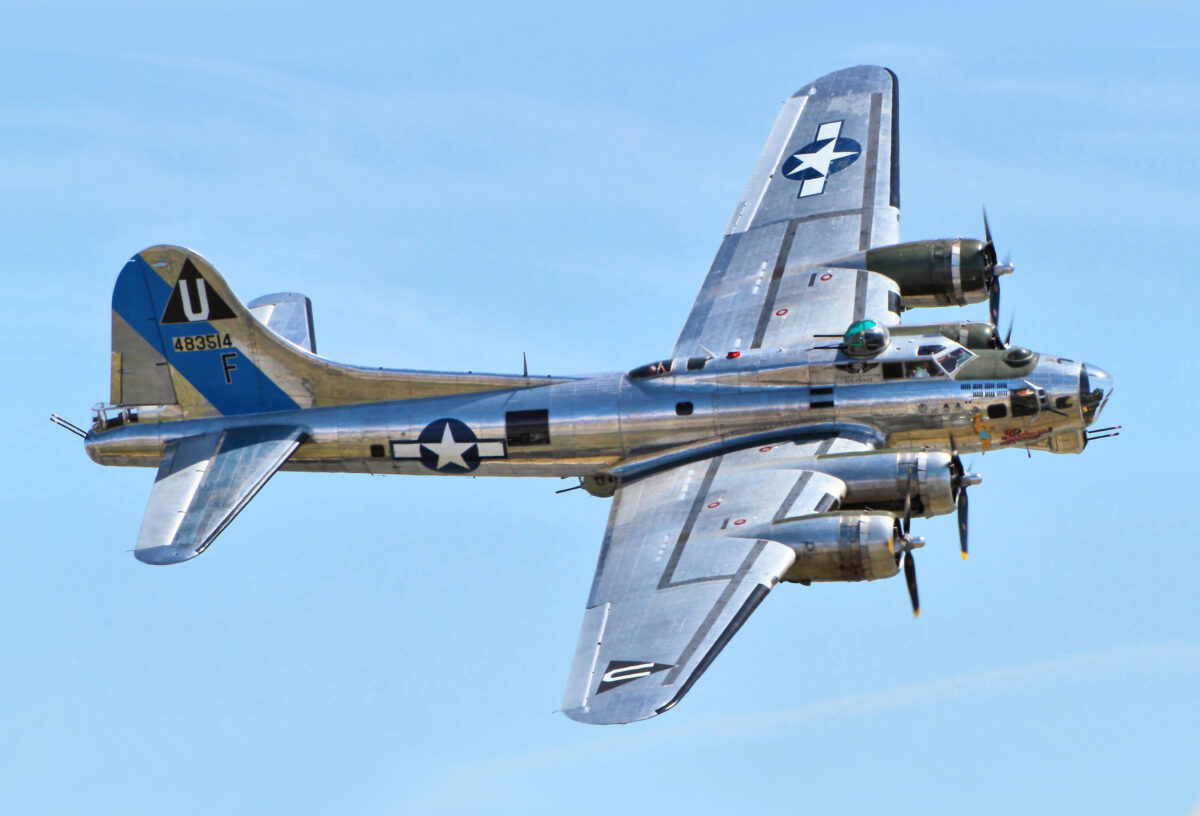
Five days to Christmas. 1943. A lone American B-17 bomber, Ye Olde Pub.Shot to pieces. Rumbling, barely in the air over Nazi Germany. Much of the crew wounded, the tail gunner dead. Holes in the plane allowed the 200-mph wind to scorch them at 70 degrees below zero. Fahrenheit. Ye Olde Pub fell so low that it blew leaves off trees and shingles off roofs. That is, before the pilot could get enough air under it to keep the lumbering bomber afloat.
The pilot, Charlie Brown, told the crew to jump ship. Better to rot in a German POW camp than to disintegrate in flames. No one, including radio operator Dick Pechout, and ball turret gunner Sam “Blackie” Blackford, bailed. If they thought it a mistake to stay, they soon knew it when a lone German Messerschmitt 109 appeared.
Franz Stigler, a battle-hardened ace, needed to shoot down only one more plane. Then they would pin, next to his other medals, the Knight’s Cross, Germany’s highest award for valor. His only brother, lost to Allied forces, would make this kill even sweeter.
Stigler approached. One whole side of the plane had almost been ripped off. Like a peeping Tom, he looked inside and saw what he shouldn’t have. The shattered crew huddling. Those without wounds tending to those with.
This was going to be an easy kill. Easy like shot-gunning a crippled rabbit locked in a pen. And because it would be so easy, the not-so-battle-hardened-after-all ace couldn’t do it. It was his job to do it. He swore an oath to do it. He had been trained to do it. He had good reasons to do it. The Knight’s Cross. His dead brother. Fealty to the Fuhrer. But he just couldn’t do it.
Instead, Stigler guided the bomber filled with his enemies toward the North Sea. Toward England. Toward safety. And, to the astonishment of the men in Ye Old Pub, he saluted them. And left. Risking court martial and a firing squad if caught.
In this context the text—“For if, while we were God’s enemies, we were reconciled to him through the death of his Son” (Rom. 5:10)—becomes so pertinent. When we were enemies? Enemies of God? How? Why?
Think about yourself. What you are really like. Not on the outside. The side that shows. No, the side that you alone know. The thoughts. The motives. Even (no, especially) the secret deeds. Think of all of them in contrast to a perfectly holy God. Even worse, imagine standing before this perfectly holy God who knows your every wrong thought. Your every wrong motive. Your every wrong deed.
How would you fare?
That’s what it means to be an enemy of God. Yet while we were enemies, and “while we were still sinners, Christ died for us” (Rom. 5:8). Instead of condemning us, which He could have justly done—He died in our place.
Then there’s Franz Stigler. It’s only an analogy. A weak one. (Anything compared to the cross is weak.) But just as Franz Stigler could have, even justifiably, done, God could have, justifiably too, done to us. But He didn’t.
The story? It continued. Charlie Brown survived the war, married, had a family, lived the American dream. But He could never forget. He had nightmares. Suppose that German had not shown them grace but had shot them down? As he was supposed to.
Suppose that German had not shown them grace but had shot them down? As he was supposed to.
In 1989 Charlie placed an ad in a newsletter for former Luftwaffe pilots (a newsletter for former Luftwaffe pilots?). Did anyone know who that pilot was? Please contact Charles Brown.
January 18, 1989. Charles received a letter. “Dear Charles. All these years I wondered what had happened to the B-17, did she make it or not?”
Franz Stigler thought often about those men. Those men he spared at a terrible risk to himself. Charles began to write back to an address in Vancouver, Canada. Instead, he dialed Vancouver information, got Stigler’s number, and called. Franz picked up the phone.
“Is this Mr. Franz Stigler?” Charlie asked.
“Ja,” Franz replied. “This is he.”
“The Franz Stigler who flew in World War II?” Charlie asked.
“Ja,” Franz replied.
“Franz, I think we go way back. This is Charlie Brown.”
As they talked, Franz started to describe things that only the German pilot could have known.
“My goodness,” Charlie uttered, “it is you.”
Their story made national news. They traveled together. A book, A Higher Call by Adam Makos, told the story, which included the account of a meeting in an airplane hangar.
“Franz, there’s two gentlemen who would like to meet you,” Charlie said, fighting a grin. He steered Franz out from under the wing and into the light. The first veteran to reach Franz was Charlie’s old ball turret gunner, Sam “Blackie” Blackford, whose wide mustache was gray and whose head was bald but for wispy gray hair above his ears. Blackie started crying as he shook Franz’s hand vigorously, refusing to stop. The other veteran was Charlie’s radio operator, Dick Pechout, whose hair had turned white and whose eyes remained meek behind tortoiseshell glasses. Charlie looped his arms over Franz and Blackie, hugging them. Blackie broke down. Through sobs, he thanked Franz for sparing his life and said that because Franz had not pulled the trigger on him, his children and grandchildren were able to experience life. Pechout draped his arms silently around Franz and the others as the four huddled.*
What more can one add? What more should one?
*Adam Makos, A Higher Call: An Incredible True Story of Combat and Chivalry in the War-Torn Skies of World War II (Penguin Publishing Group, 2012, Kindle Edition).
Clifford Goldstein is editor of the Adult Sabbath School Bible Study Guide. His latest book, Baptizing the Devil: Evolution and the Seduction of Christianity, is available from Pacific Press.


